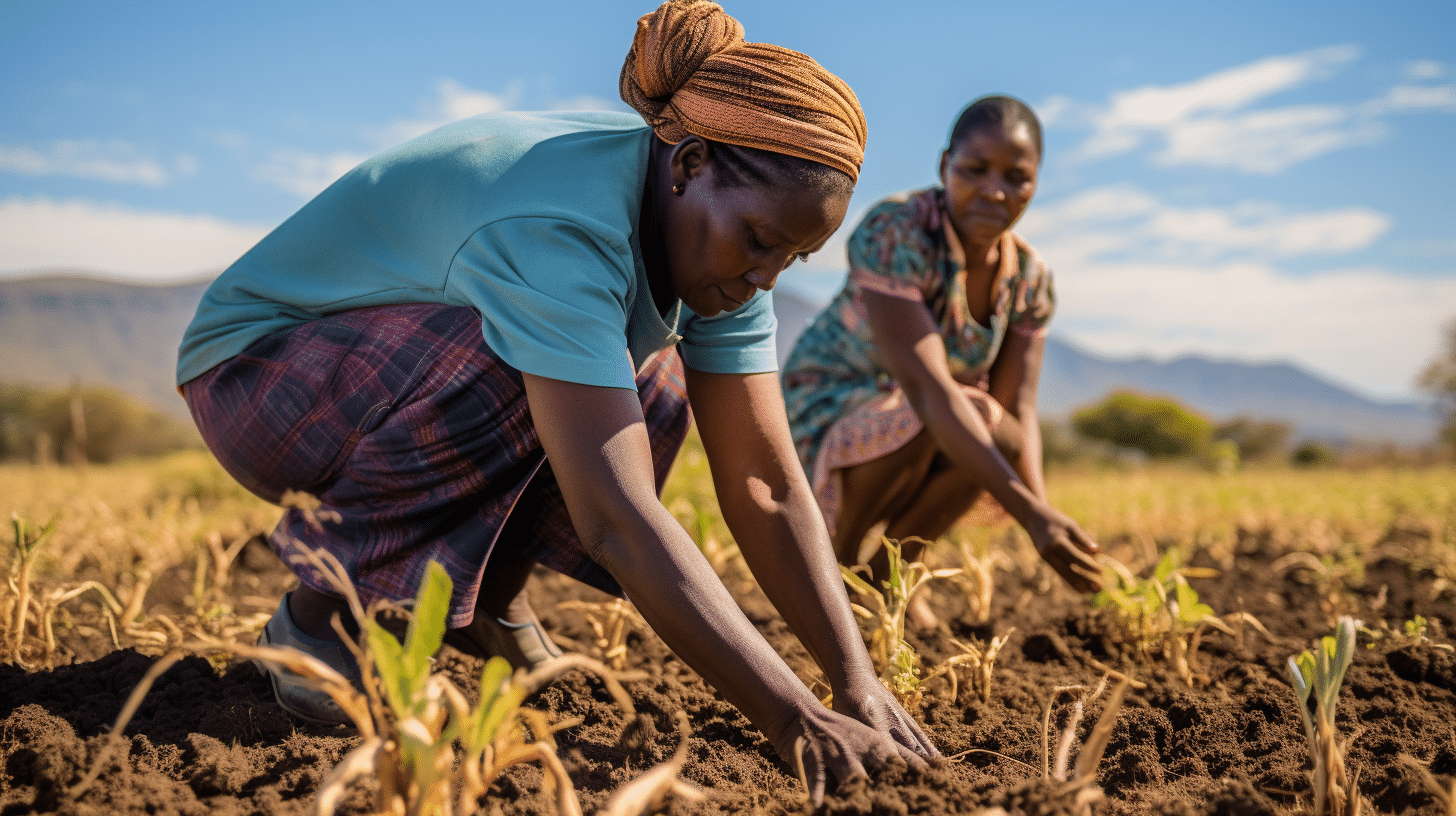Food insecurity is whereby the country does not have adequate policies and strategies to ensure that there is sufficient food for all people to avoid instances of starving due to lack of food. It is mainly caused by poor policies and cultural practices. The reasons for food insecurity have been discussed below;
Cultural beliefs can influence dietary practices making people still feel food insecure even if some food which are less valued in the community are in plenty for instance a certain community may have plenty of livestock animals for meat but they are still food insecure for example the Muslim community. Some communities may also have plenty of vegetables within the community but the vegetables are not considered as food for them. This practice can be addressed through promotion of desirable food behavior and nutritional practices by providing information on the nutritional value of foods
Farming practices and poor rain patterns can also lead to food insecurity in a community, for example cash crop farming in a community may lead to scarcity of food crop in the region due to production of cash crops which cannot be consumed as food by the community, for example a community which produces coffee will suffer food scarcity on maize, potatoes, beans etc. poor rain patterns is also a major factor to food production due to insufficient water for cop production. These can be addressed through educating the locals and community policy makers on the importance of food crop to cash crop in addressing food insecurity in a community. Poor rain patterns can be addressed by introducing irrigation farming
Poor infrastructure in the community can also affect food insecurity. That is poor roads in the community which hinders the accessibility to food sources like major food markets in the area. Food producers also find it difficult to access the community to sell their produce. This factor to food insecurity can be addressed by construction of roads in the community.
Poor farming and storage methods are also major factors in food insecurity within the Kenyan community. Old farming methods like monocropping, relying in rain for farming, old food storage methods can contribute to poor food production and storage of surplus food. Relying on one type of food group within a community can also affect food availability, for example the masaai community source their food from animal products which may lead to food insecurity during the drought season. Animals die from the drought hence no food for human consumption. This can be addressed by introducing diversity in food consumption through educating the members on substitute food with the same nutritional value as animal products.



0 comments